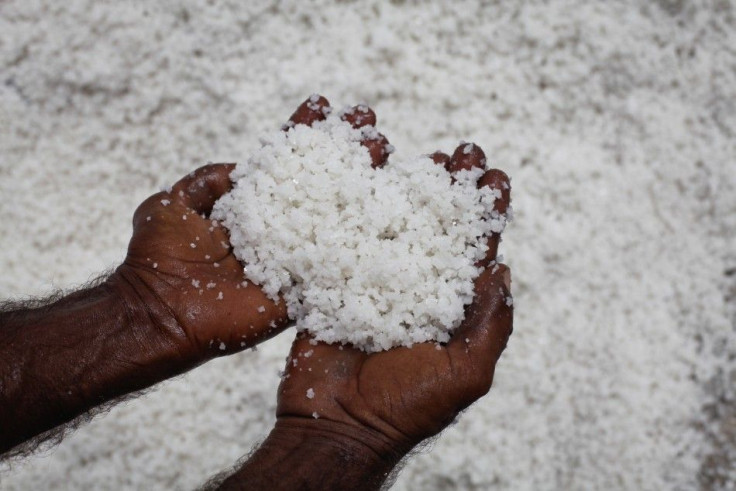Salt Risk Heightens After More Research

During a 15-year-old trial study published in the Archives of Internal Medicine Journal, researchers found that a diet high in sodium and low in potassium increases the risk of death from heart disease and other related health risks.
MUST READ: Salt Health Risk: 10 Foods to Avoid for Long Life
A total of 2270 deaths, including 825 cardiovascular disease-related deaths, were found in the study.
Americans who eat a diet high in sodium and low in potassium have a 50% increased risk of death from any cause and about about twice the risk of death from heart disease, Elena V. Kuklina, MD, nutritional epidemiologist with the CDC division for heart disease and stroke prevention, told WebMD.
The study also found that a higher sodium intake is associated with increased total mortality in the general US population. Although, Morton Satin, vice president of science and research for the Salt Institute, disagreed with the study, It's highly flawed and reveals more of this dogmatic anti-salt agenda.
However, the research about a link between intake of sodium and potassium and getting or dying from cardiovascular disease has been less consistent. The researchers decided to focus on the sodium-potassium ratio. Recent research has suggested the ratio may be more important in explaining the risk for high blood pressure or cardiovascular disease than either alone.
CNN reports:
The study of more than 12,000 Americans provides more ammunition to health advocates who say that slashing salt intake will save lives. But not everyone is convinced, as some research is contradictory.
In the new study, men consumed an average of 4,323 milligrams of sodium a day, while women took in 2,918 milligrams. The American Heart Association recommends people limit their sodium intake to 1,500 milligrams a day or less.
The group with the highest sodium-to-potassium ratio had a mortality risk about 50% higher during the study than the group with the lowest, according to the report by Elena V. Kuklina, M.D., and colleagues at the Centers for Disease Control and Prevention (CDC), Emory University, and the Harvard School of Public Health. The research was published Monday in the Archives of Internal Medicine.
© Copyright IBTimes 2025. All rights reserved.





















